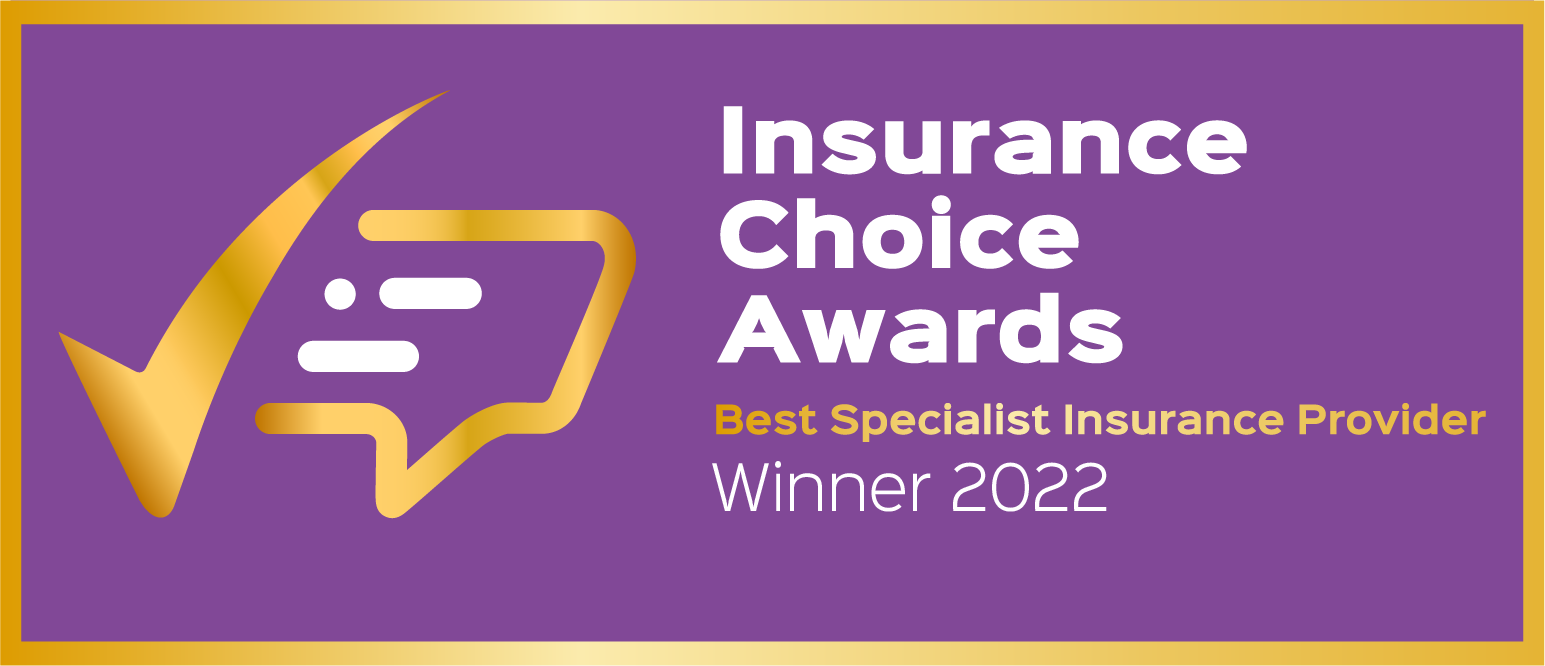We recently spoke to Dr Edward Langford, director of the Hampshire based event medical provider, Enhanced Care Services, about searching for first aid and medical care for events.

Event Medicine, a developing industry
Event medicine has undergone some significant changes in the last few years. Historically, first aid at events had been delivered by voluntary aid societies, now the industry is made up of an array of private medical companies and the voluntary aid societies are much more commercial in their delivery. This has brought mixed emotion within the event medical sector and there are some real positives and negatives. The following are useful aspects for event organisers to be aware of when looking to get medical cover for their event.
Events and pressures on NHS services
Firstly, medicine has changed. As we all know, the NHS is under strain and our population is growing larger and older. Events are a fantastic revenue generator but also pose a risk to the local NHS infrastructure. Ambulance services struggle to meet their primary focus on a daily basis and Emergency Departments are often overcrowded and understaffed. Event organisers and medical providers must work collectively to ensure timely and effective medical provision and have a key focus on hospital avoidance and the use of alternative care pathways to avoid sending everyone to the Emergency Department. Whilst not every event needs extensive medical provision, larger events must ensure the right healthcare professionals are onsite to support this activity - this is much more than just ‘first aid’.
Numbers versus Skill Set.
This is common conversation that is had with a lot of organisers. Many medical providers who have access to minimal registered healthcare professionals (e.g. Paramedics, Nurses and Doctors) will push for numbers of first aiders or non-registered ambulance crew to staff your event. Whilst the numbers are high, and there may well be a timely response to a patient, the next question is scope of practice once in attendance. If none of those individuals can provide the right treatment e.g. intravenous pain relief to that patient, then that may not be the right strategy for the event. Opting for slightly fewer numbers on a team, but with a higher overall scope of practice allows medical teams to have a timely, but also highly effective delivery of event medical care, ensuring patients receive the right treatments at the right time.
The Care Quality Commission.
The CQC (the independent regulator of health and social care services in England) has recently decided to have an increased involvement with the event medical industry. Whilst there are a number of exemptions to regulation by the CQC for event first aid providers, most organisations offering care beyond this will probably meet their requirements to be registered. This includes transporting patients offsite from your event or delivering certain interventions. To check if your provider is registered, ask them for the CQC ID number or search them on the CQC website. You will also be able to read their inspection reports - something we absolutely recommend.
What are some best practice tips for event organisers?
Leave yourself plenty of time to arrange medical cover. It is often that late notice requests from organisers come in who simply forgot to arrange it. Make sure you keep it on the list of things to do from the outset as having more time to be supported during planning phase the better.
Try to understand your event’s risks. What activities are on site, what crowd types, what numbers you are expecting etc. Work through ‘The Event (Purple) Guide’ and try to give as much information about your event as possible.
Contact a number of medical providers and talk to them. Conversation is key and often a quick meeting or telephone conversation will tell you much more than an email thread. This will give you a much broader view of the advice out there and what can be offered.
Try and use CQC registered providers. This is the only external review that exists within the industry and increasingly medical providers will be legally required to register for their services.
Balance cost and delivery. It is easy to go for the cheaper provider but make sure you read into what each provider is delivering and how it can benefit your event.
Consider ‘beyond first aid’. Consider how the proposed medical cover pans to avoid impact on the NHS and whether your provider really works to maintain the overall event experience for your patrons and not just ‘turn up’ but also ensure the care is effective for the patient’s needs.
Finally, ask questions. Try to understand their reasoning for decisions around provision and give feedback. Get them to provide some justification to the recommended levels of cover. Why have they offered what they have offered? Be curious and list any and all your concerns to maximise the conversation and do not hesitate to question what is being offered. It should be a partnership and the best medical provision happens when organiser and medical provider maintain an open dialogue throughout the planning, delivery and post event stages.
_______________________
About Enhanced Care Services
Enhanced Care Services aims to provide excellence in the event medical care and medical education industries. Having worked in both hospital and pre-hospital settings, the Enhanced Care Services directors realised that the care many patients received at events was sub-standard, often lacking the governance and procedures to drive safe practice at the events covered.
To solve this issue, and to support existing medical providers, Enhanced Care Services was developed. Led by two NHS Doctors, and with multiple years of pre-hospital and event medicine experience, Enhanced Care Services provides high standards of medical cover; with the driving aim of raising the industry standard and improving the care patients receive at events.
